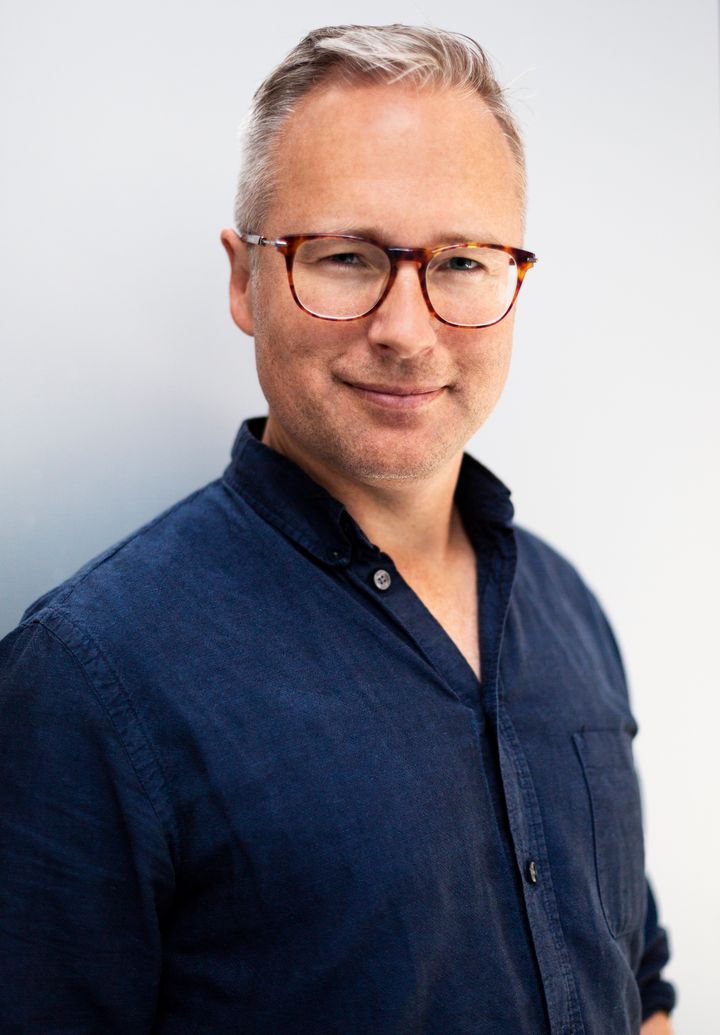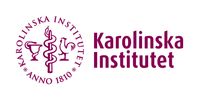AI as good as the average radiologist in identifying breast cancer
Researchers at Karolinska Institutet and Karolinska University Hospital in Sweden have compared the ability of three different artificial intelligence (AI) algorithms to identify breast cancer based on previously taken mammograms. The best algorithm proved to be as accurate as the average radiologist. The results, published in JAMA Oncology, may lead the way in reorganising breast cancer screening for the future.

“This is the first independent comparison conducted to assess the accuracy of several different AI algorithms,” says study author Fredrik Strand, a researcher at the Department of Oncology-Pathology at Karolinska Institutet and a radiologist at Karolinska University Hospital. “We can demonstrate that one of the three algorithms is significantly better than the others and that it equals the accuracy of the average radiologist.”
There are currently a large number of suppliers developing various AI-based medical imaging solutions. This study compares the ability of three of these to identify breast cancer in already taken mammograms.
The study included mammograms of 8 805 women between the ages of 40 and 74, all of whom had undergone breast cancer screening between 2008 and 2015. Of these, 739 had been diagnosed with breast cancer, either at the time of screening or within the following 12 months. The most successful of the three AI algorithms diagnosed the same percentage of women with cancer as the average radiologist.
The results also demonstrated that one of the AI algorithms was significantly better than the others.
“We conducted the study in order to find out how far the algorithms have developed and whether there is any difference between the available systems,” Fredrik Strand explains. “The results show that, in principle, the best algorithm is ready for use and that there is a significant difference between the various algorithms on the market.”
Another study of the same research group, recently published in The Lancet Digital Healthx, showed that an AI algorithm could sort mammography images to indicate which required additional attention by radiologists and which were easily assessed by AI alone without missing any cancer that would otherwise have been detected by a radiologist.
The researchers are now moving on to study how AI can play a part in improving breast cancer screening. Current practice involves two radiologists examining every mammogram. If either of these identify a suspected tumour, the examination proceeds to a discussion involving at least two radiologists who together decide whether the woman should be recalled for further examination.
“We are planning a prospective clinical study to see how AI works as an independent reviewer of mammograms in a day-to-day clinical environment, both by acting as a third reviewer and by helping to select women who can be offered complementary MRI scans in order to detect cancers at an earlier stage,” says Fredrik Strand.
The research was conducted at Karolinska Institutet and financed by Region Stockholm. The suppliers of the three algorithms requested anonymity and had no influence over how the study was conducted or how the results were interpreted.
Publication: ”External evaluation of three commercial artificial intelligence algorithms for independent assessment of screening mammograms,” Mattie Salim, Erik Wåhlin, Karin Dembrower, Edward Azavedo, Theodoros Foukakis, Yue Liu, Kevin Smith, Martin Eklund and Fredrik Strand, JAMA Oncology, Aug. 27, 2020, doi: 10.1001/jamaoncol.2020.3321
For more information, please contact:Fredrik Strand, MD PhD, researcher and radiologistDepartment of Oncology-Pathology, Karolinska InstitutetPhone: +46 (0)70-979 5511Email: fredrik.strand@ki.se
Contacts
Contact the Press Office and download photo: ki.se/pressroom
Images

Karolinska Institutet (http://ki.se/en) is one of the world’s leading medical universities. Our vision is to advance knowledge about life and strive towards better health for all. Karolinska Institutet accounts for the single largest share of all academic medical research conducted in Sweden and offers the country’s broadest range of education in medicine and health sciences. The Nobel Assembly at Karolinska Institutet selects the Nobel laureates in Physiology or Medicine.
Subscribe to releases from Karolinska Institutet - English
Subscribe to all the latest releases from Karolinska Institutet - English by registering your e-mail address below. You can unsubscribe at any time.
Latest releases from Karolinska Institutet - English
New method reveals how the brain and inner ear are formed3.4.2025 20:00:00 CEST | Pressmeddelande
Researchers at Karolinska Institutet have developed a method that shows how the nervous system and sensory organs are formed in an embryo. By labelling stem cells with a genetic ‘barcode’, they have been able to follow the cells’ developmental journey and discover how the inner ear is formed in mice. The discovery, published in Science, could provide important insights for future treatment of hearing loss.
Fluoride in drinking water is associated with impaired childhood cognition7.3.2025 15:30:00 CET | Pressmeddelande
Elevated concentrations of fluoride can occur in well water, and in some countries, it is added to drinking water to counteract caries in the population. A study from Karolinska Institutet in Sweden now supports a few previous studies indicating that exposure to fluoride during the fetal stage or early childhood may impair cognition in children. The study is published in the journal Environmental Health Perspectives.
Children with ARFID face increased risk of disease17.2.2025 17:00:00 CET | Pressmeddelande
Children with avoidant restrictive food intake disorder (ARFID) have an elevated risk of developing psychiatric and physical conditions, a new study from Karolinska Institutet published in JAMA Pediatrics reports. The study highlights the importance of early identification to improve care of these children.
Preterm babies receive insufficient pain management27.1.2025 15:29:17 CET | Pressmeddelande
A large proportion of babies born very early need intensive care, which can be painful. But the healthcare system fails to provide pain relief to the full extent. This is shown by the largest survey to date of pain in neonatal care, now published in the journal Pain.
New study paves way for immunotherapies tailored for childhood cancers20.1.2025 17:00:00 CET | Pressmeddelande
Researchers at Karolinska Institutet and the Astrid Lindgren Children’s Hospital in Sweden have determined how children’s immune systems react to different kinds of cancer depending on their age. The study, which is published in the journal Cell, reveals significant differences between the immune response of children and adults, and has the potential to lead to new tailored treatments for children with cancer.
In our pressroom you can read all our latest releases, find our press contacts, images, documents and other relevant information about us.
Visit our pressroom